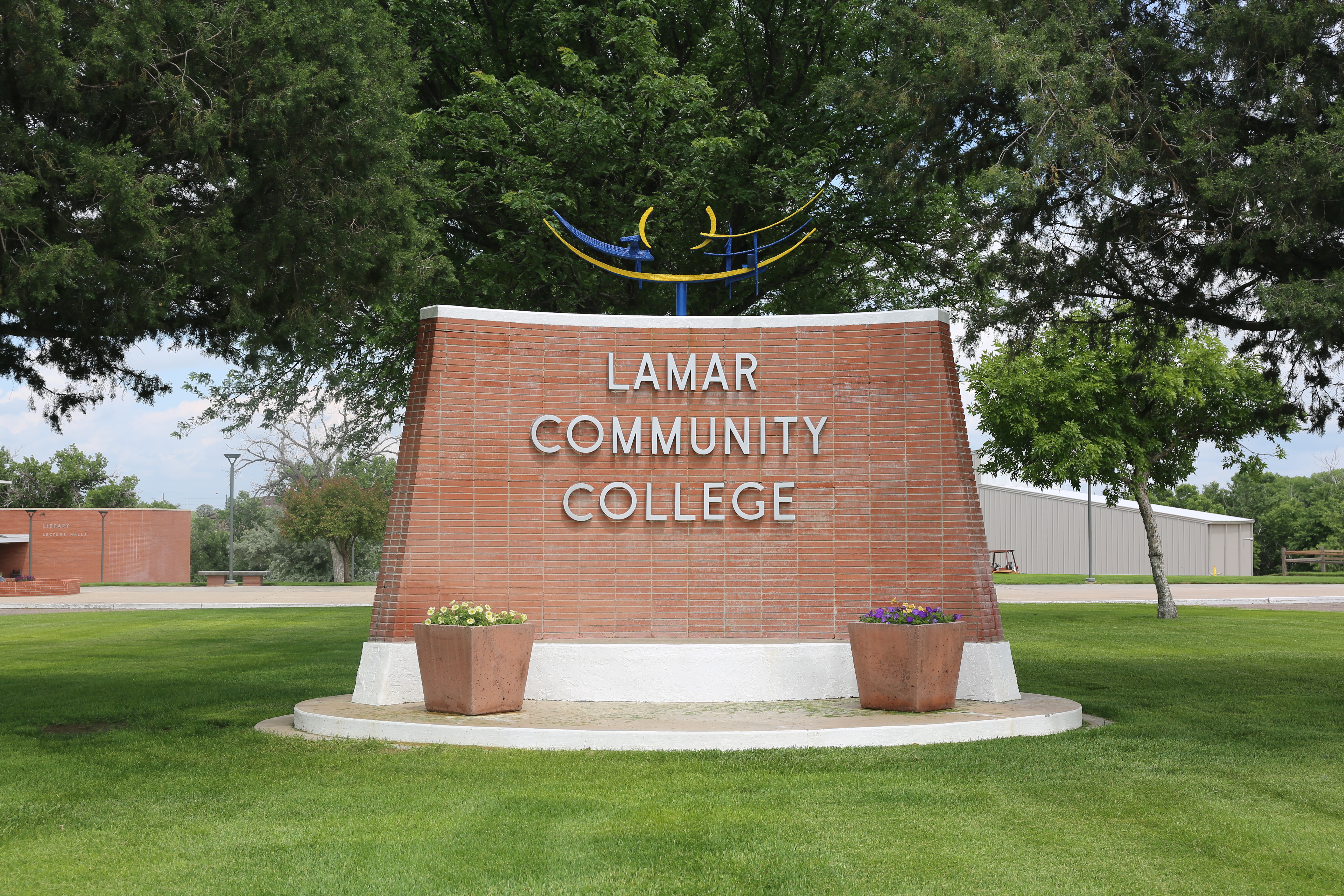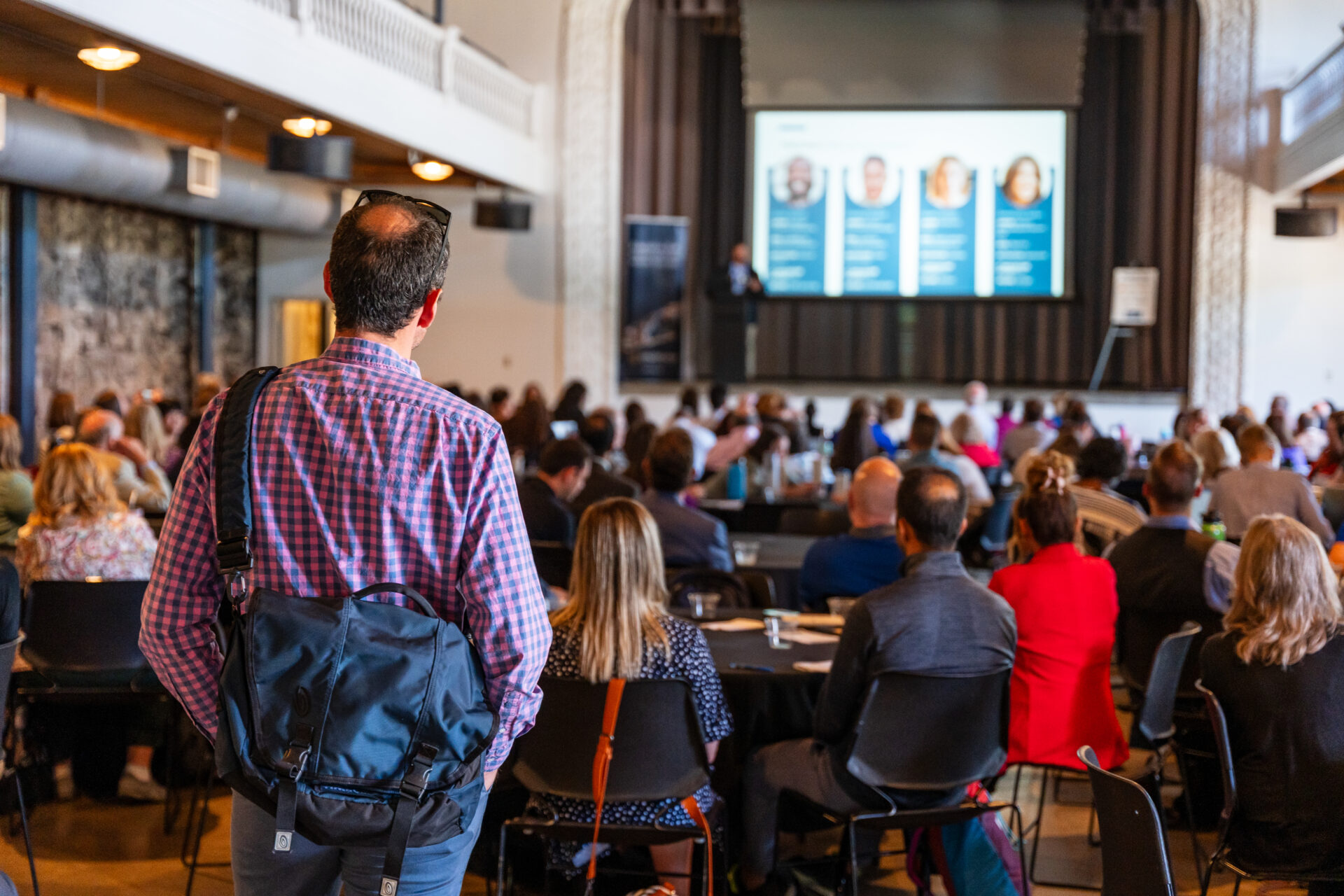The Foundation for Colorado Community Colleges brought together dozens of community college foundation board members for the first time in Denver last week, providing opportunities for learning, networking, and camaraderie.
The main philanthropic arm of the Colorado Community College System (CCCS), the Foundation seeks public and private contributions to fund key programs and hundreds of scholarships for CCCS students every year. The Foundation also advises and coaches board members and staff from each of the 13 colleges’ foundations.
Our role in foundations is to be responsive to the colleges.” – J. Adam Cermak, Chief Development Officer and Executive Director of the Foundation for Colorado Community Colleges
“Our role in foundations is to be responsive to our colleges,” said J. Adam Cermak, CCCS’ chief development officer and executive director of the Foundation for Colorado Community Colleges. “It’s because of our board members that we are able to build relationships, develop networks, and really grow where we need to.”
Across the System, foundations have made great strides in recent years, Cermak said. By seeking out new partnerships, CCCS Foundations have expanded their fundraising results, growing by more than 300% over the past seven years.
That extra support is moving the needle on two critical goals: access and completion, said CCCS chancellor Joe Garcia. While donors have long funded scholarships, today more gifts go toward wraparound support programs, like SingleStop and Return to Earn, that help students stay in school and graduate successfully.
“Our focus has shifted from just enrollment, to enrollment with equity, to now completion with a purpose,” Chancellor Garcia said. “When you complete a credential with value, that will help you not only improve your life and lives of people in your family, but also those in your community.”
Beyond attracting new philanthropic funding, foundation board members play a vital role in bridging colleges and industry and championing CCCS’ open access mission, Chancellor Garcia said.
“We need you not just to raise money with communities, but to raise awareness,” he said. “Let people know that a lot of our programs are available at no cost, and that more than 60% of our graduates complete with no debt at all. You are our best tools for reaching into the community and talking about what we do.”
Flossie O’Leary, the founder and principal of Ripple Affect and an expert in board governance, echoed this message in her training session on board best practices. She said the most effective foundation boards work closely with college leaders to create and execute a shared vision of success.
“As board members, directors, and trustees, we are entrusted to provide oversight of the organization and make sure the beneficiaries are taken care of,” she said. “That relationship with employers and your community—that matchmaking that you do between the students and the workforce needs—is really supporting the community more broadly.”


